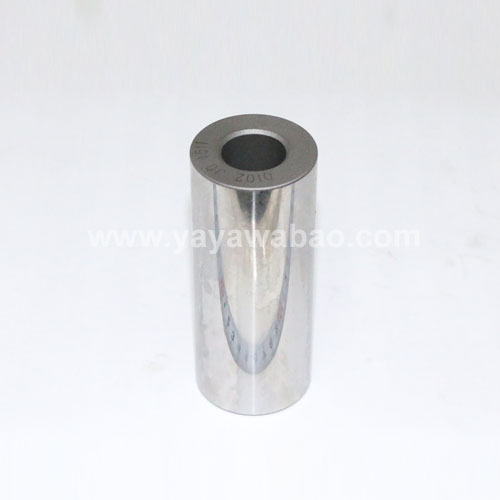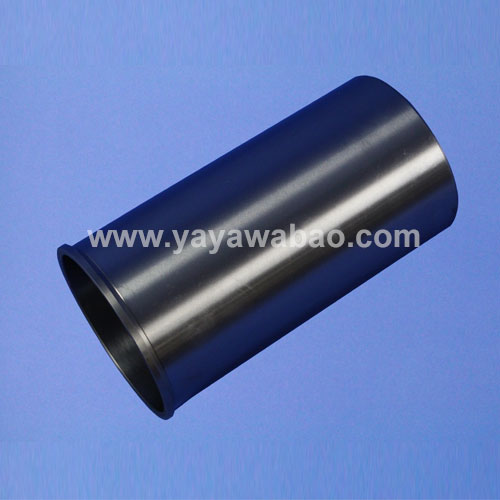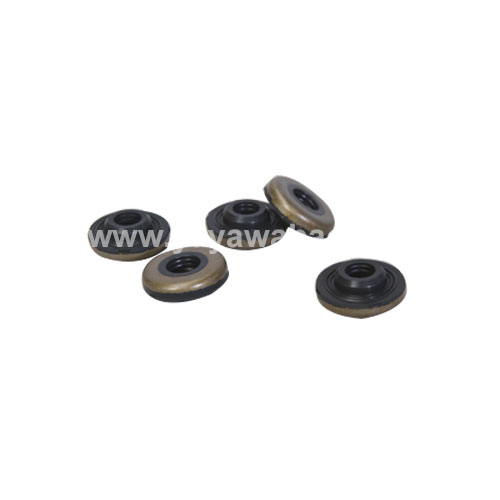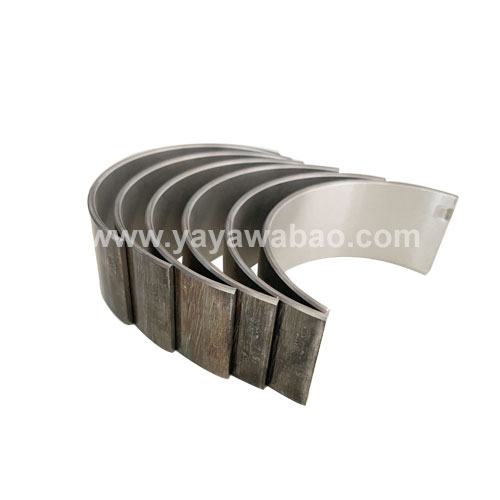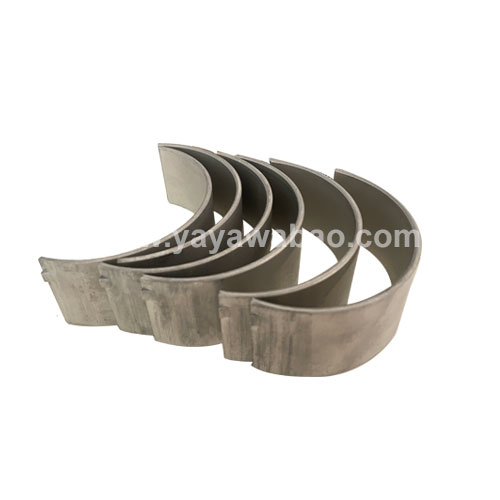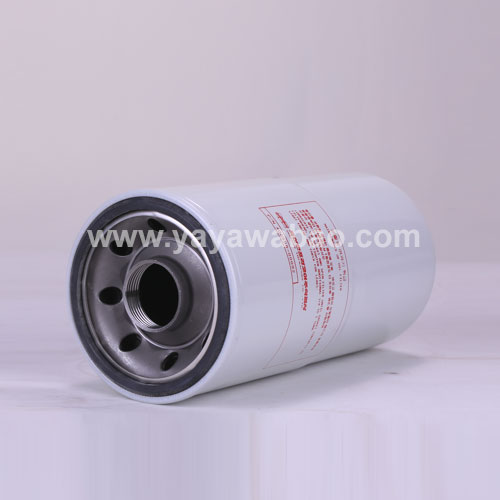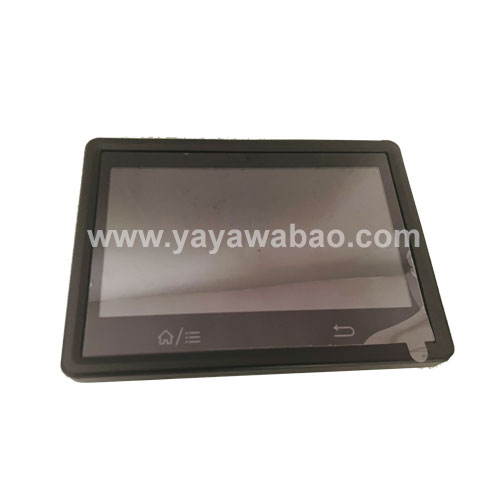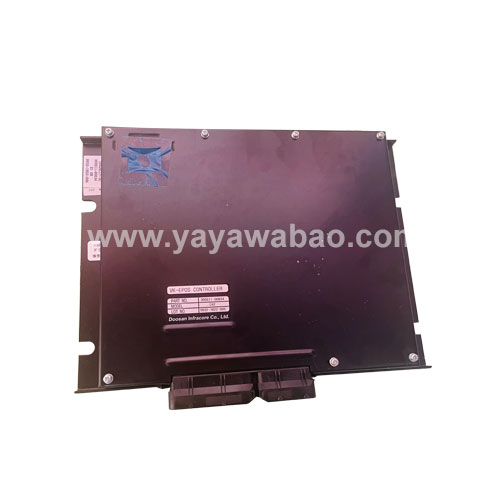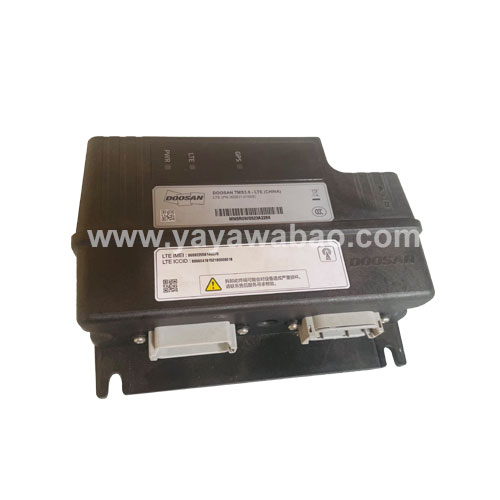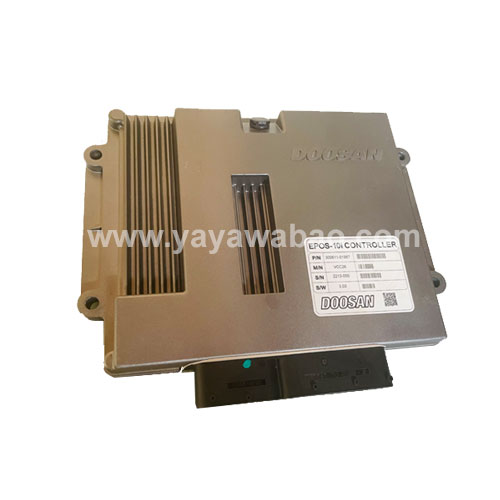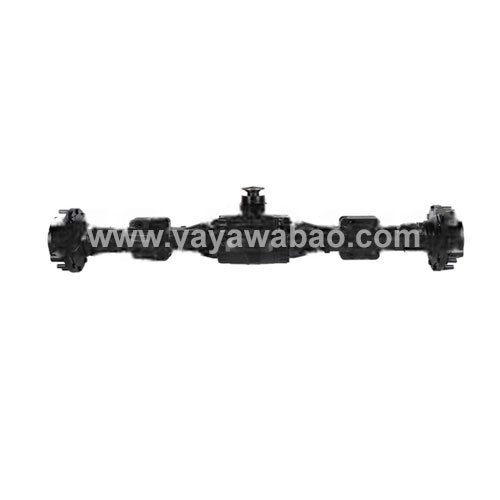
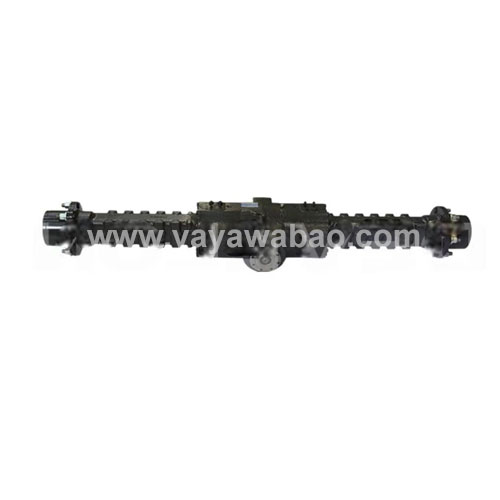
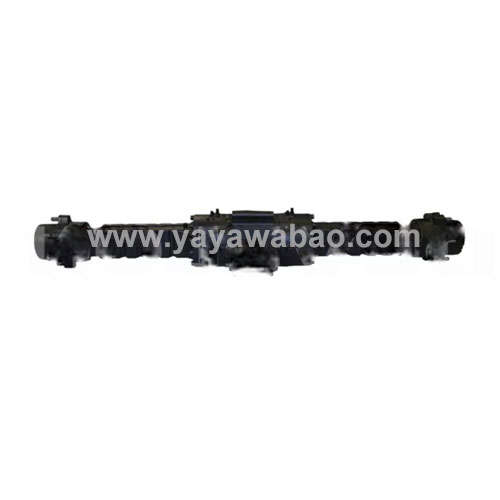
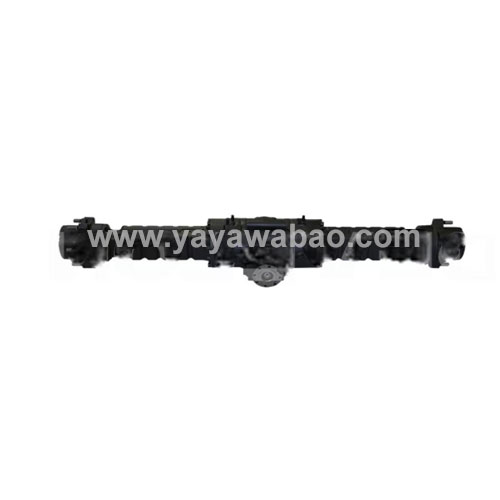




The main function of the rear axle of an excavator is to transmit power and support the wheels.
As an essential component of the excavator’s chassis, the rear axle functions similarly to the rear axle of a car, primarily responsible for transmitting power and supporting the wheels. In the rear axle, power is transferred from the engine through the gearbox, passing through components of the rear axle assembly such as the main reducer, differential, etc., ultimately reaching the wheels to drive the excavator forward. Additionally, the rear axle supports the wheels to ensure the stability and balance of the excavator during operation.
Transmitting Power: The power output from the engine is transmitted through the gearbox to the large ring gear (differential) of the rear axle. Through components such as the main reducer and differential, power is distributed to the two rear wheels, propelling the excavator forward or backward.
Supporting the Wheels: The rear axle connects the wheels to the chassis using components such as linkages, springs, and shock absorbers. It not only bears the weight of the chassis but also supports the entire structure of the excavator, ensuring stability and balance during operation.
The design and performance of the rear axle have a significant impact on the overall performance of the excavator, including traction, speed, and smooth operation. Therefore, maintaining the rear axle in good condition is crucial for the normal operation and extended lifespan of the excavator.
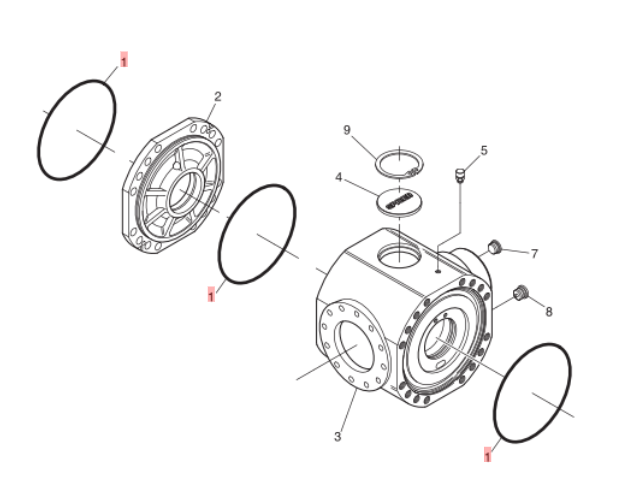
| Product NO. | Applicable models | Weight | Packaging unit |
| 190103-00124 | DX150W-7B
DX150W-9C/DX150W-9CN DX150WE-10/DX150WE-10N DX150WE-9C/DX150WE-9CN |
355 KG | EA |
| 190103-00219B | DX55WE
DX60W ECO-1/DX60WN ECO-1 DX60W ECO-2/DX60WN ECO-2 DX60W ECO/DX60WN ECO |
200 KG | EA |

